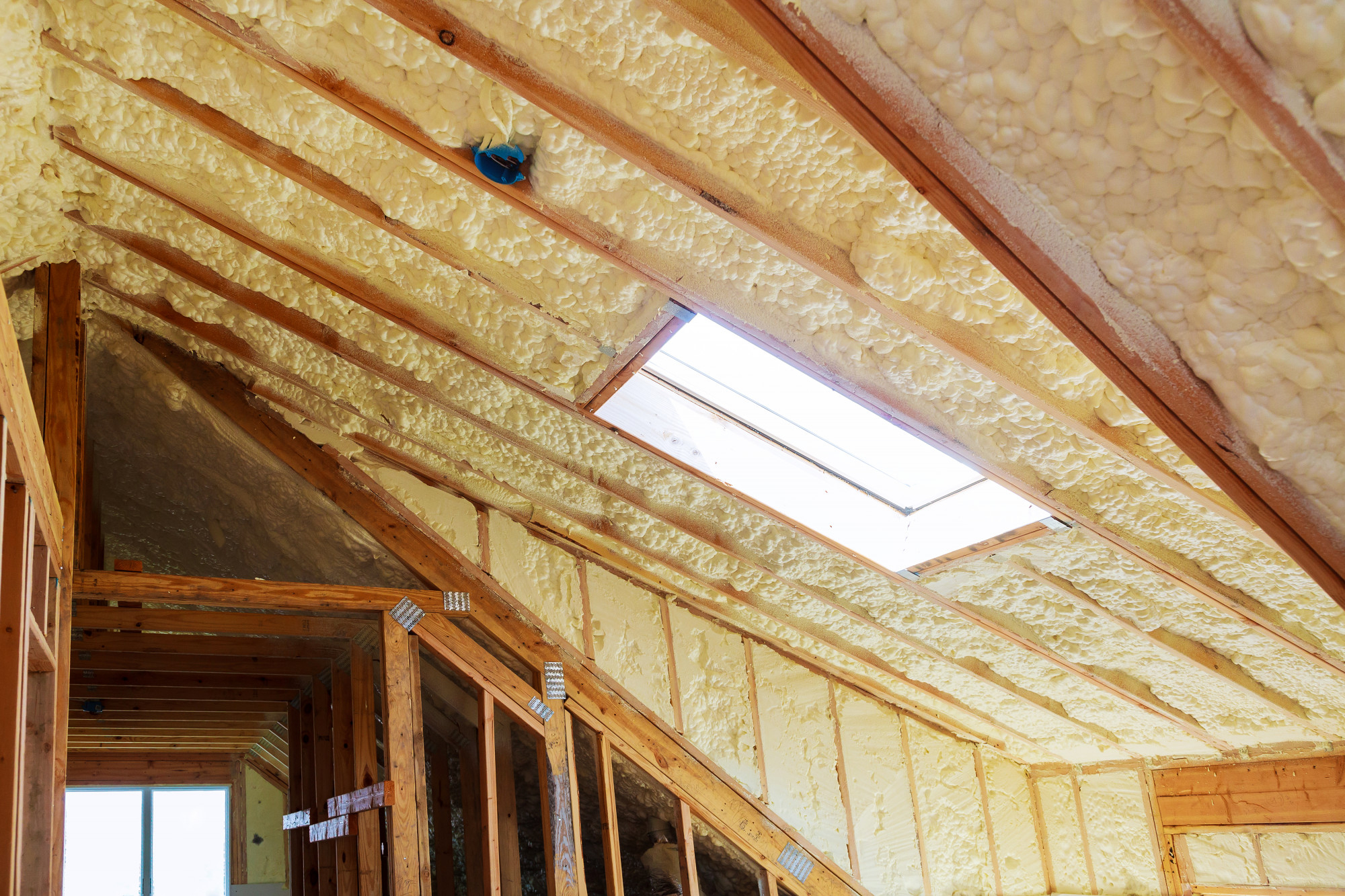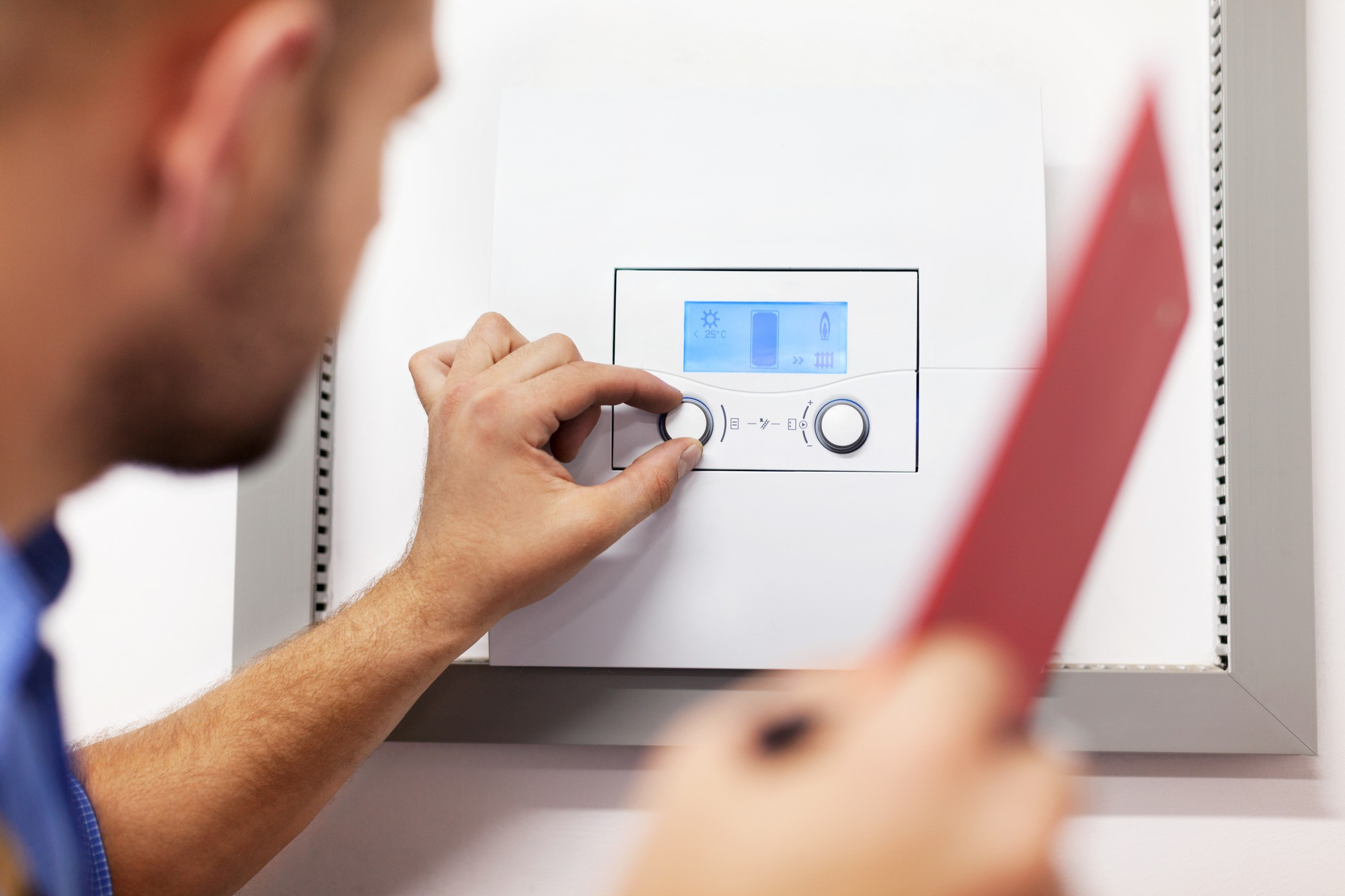About ECO
The Energy Company Obligation (ECO) scheme is a government-backed initiative that improves home energy efficiency at no cost to eligible homeowners. With ECO, you can access measures like insulation, green heating systems, and solar panels to save on energy bills and create a greener, cosier home.
ECO 4 Guide: Essential Information
The ECO Scheme is a UK government-backed program dedicated to enhancing the energy efficiency of homes across the nation. Introduced in 2013, the ECO initiative mandates energy suppliers to install cost-effective energy-saving solutions in some of the most vulnerable properties in the UK, with no financial burden on eligible homeowners.
These solutions encompass insulation, heat pumps, boiler replacements, and solar panels. While some installations may involve a small fee, certain upgrades are provided at no cost.
Since its inception, the ECO scheme has facilitated over 3.6 million energy-efficient measures in more than 2.4 million homes across the UK, with wall insulation being the most prevalent improvement.
Government estimates indicate that nearly £20 billion has been saved through lifetime bill savings, courtesy of the ECO scheme. As of 2023, there have been five ECO schemes, with ECO4 being the current operational one. The ECO4 Scheme is a government-supported initiative to reduce household carbon emissions and provide more energy-efficient measures to UK homes.
Under ECO4, eligible homes can access discounted or free home insulation, upgraded boilers, or green heating systems. Only the most energy-inefficient homes, with an Energy Performance Certificate (EPC) of D or lower, qualify for ECO4. Introduced in April 2022, the ECO4 scheme will continue until 31 March 2026 and forms part of the government’s commitment to making all housing stock more energy-efficient by 2035. ECO4 builds upon the previous ECO3, with enhancements like a stronger focus on low-income households and areas with high fuel poverty.
The ECO4 scheme encompasses various energy-saving solutions for existing homes, including insulation, green heating systems like air-source heat pumps and biomass boilers, as well as repairs and upgrades to existing boilers. Key differences between ECO4 and ECO3 include a greater emphasis on reaching vulnerable households and high fuel poverty areas, along with a more targeted approach to households on low incomes.
To qualify for the ECO4 scheme, applicants must receive specific qualifying benefits and have a property with an EPC rating of D or lower. Homes with an EPC rating of F or lower will receive measures to improve the property to at least a D rating, while those with a D or E rating will be upgraded to at least a C rating.




Qualifying Benefits
Under the ECO4 Scheme, the full list of qualifying benefits includes:
- Income-based Jobseekers Allowance
- Income-related Employment & Support Allowance
- Income Support
- Universal Credit
- Child Tax Credit
- Working Tax Credit
- Pension Credit Guarantee Credit
- Pension Credit Savings Credit
- Housing Benefit
Applicants who are receiving any of these qualifying benefits are eligible to participate in the ECO4 Scheme and access the energy-saving measures provided under the program. These benefits are instrumental in identifying and assisting low-income households and those most in need of improving their homes’ energy efficiency to combat fuel poverty and reduce carbon emissions.
The ECO4 Scheme has also brought changes to the Child Benefit Income Threshold. Energy companies can now allocate up to 50% of their obligation through Local Authority Flexible Energy rules under ECO4, compared to 25% in the previous ECO3 Scheme.
Applying for the ECO4 Scheme involves contacting energy suppliers to inquire about available measures, as ECO funds can only be accessed through them.
